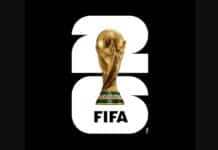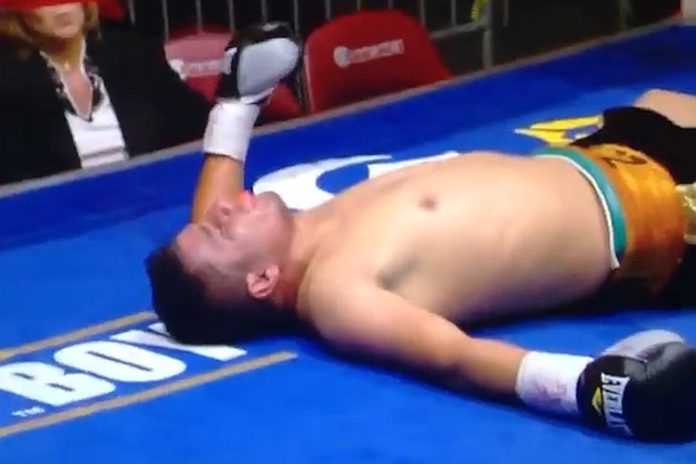These are tense days for the International Boxing Federation, known in Olympic circles by its French acronym, AIBA.
After an internal struggle over its finances, with charges that the organization is near bankruptcy and counter-charges of a coup, its 11-year president, C.K. Wu (TPE) was forced out of office in 2017. Its interim president, Gafur Rakhimov (UZB) has been “described” by the U.S. Treasury Department “as one of his country’s ‘leading criminals’ and ‘an important person involved in the heroin trade,’” which Rakhimov vehemently denies.
The International Olympic Committee put AIBA on notice that it could be excused from the 2020 Tokyo Games, with a spokesperson noting last January that “The IOC is extremely worried about the governance in AIBA,” and requiring a report that covered plans for changes in governance, management, financial, judging, refereeing and anti-doping. The IOC also stopped making payments of television rights monies to AIBA, further injuring its finances.
The AIBA submitted its response to the IOC Executive Board in May, but IOC president Thomas Bach said “This report shows some progress and shows goodwill but still lacks execution and in some areas lacks substance. So our concerns on governance, financial and sporting integrity are continuing and we think that we need to see action on the plans.”
AIBA’s follow-up statement expressed disappointment and stated that “AIBA will continue its efforts to convince the IOC of its determination to not repeat any of the past mistakes and its commitment to a fresh, positive future centered on good governance and sound management.” A new president is scheduled to be elected at the AIBA Congress in early November.
That brings us to the just-completed Asian Games in Jakarta and Palembang (INA), where the AIBA was hoping to avoid more problems such as the judging fiasco at the 2014 Asiad in Korea, where – among other ridiculous verdicts – India’s Sarita Devi “lost” in her Lightweight (-60 kg) semifinal and then refused to wear the bronze medal during the victory ceremony, tried to give it to the Korean fighter who “won” their semifinal (and finished second) and then finally just left the medal on the podium and walked away after the ceremony.
At the 2016 Olympic Games in Rio, there was so much anger at the AIBA judging that the federation “re-assigned” its executive director, Karim Bouzidi (FRA), who was in charge of the tournament, and then – two months later – suspended all 36 referees and judges who had worked at the Games pending an investigation into their conduct, sparking corruption claims.
So, with this background, one would think that the 2018 Asian Games in Indonesia would be a showcase for a crisply-run and well-officiated tournament.
Guess again:
∙ Two North Korean coaches refused to clear the ring in protest after their fighter, Pang Choi Mi, lost a 3-2 decision to China’s Chang Yuan in the women’s Flyweight final and were led away by police and security staff. Boxer Pang refused to face the Chinese flag during the victory ceremony and walked away from the traditional group picture of the medal winners.
∙ Ed Picson, the head of the Philippine Boxing Association assailed the judging in multiple bouts and said “We’ve seen a lot of strange things happening here, not just with the Philippine team but so many other teams. So it’s really very sad that it has come to this. We have talked to other countries and they are just as upset as we are. It’s atrocious.”
∙ On Sunday, the recently-appointed AIBA executive director – and former USA Boxing president – Tom Virgets announced “We’re going to have a protest committee in place because even in the best of times there will be (controversial) decisions, officials get tired, it’s like any other sport that is subjective.
“Years ago we had a right to protest. The organization felt it was being abused. They removed it from the rules. I think we swung the pendulum too far. We should have just corrected the process to get rid of the abuses, instead we did away with the protests.
“I think that increased the problems, because it increased the frustration by not having any avenue to see if a perceived wrong could be corrected. Now the AIBA Executive Committee has voted to have a protest allowed and right now we are investigating different tools to use in order to have an appropriate process.”
This is not going to help AIBA as the IOC considers whether to keep it in the Tokyo Games. Asked in Jakarta about the future of eSports by the Associated Press, Bach said “We cannot have in the Olympic program a game which is promoting violence or discrimination. So-called killer games. They, from our point of view, are contradictory to the Olympic values and cannot therefore be accepted.
“Of course every combat sport has its origins in a real fight among people. But sport is the civilized expression about this. If you have e-games where it’s about killing somebody, this cannot be brought into line with our Olympic values.”
Whose values include corruption, cheating and a judging process so warped that the new process is almost sure to be overwhelmed as soon as it is implemented? The IOC needs to reduce the size of the Games and make an example of a sport in order to electrify its drives against corruption and doping. Will boxing, a part of every Games from 1920, be the one punched out? How can it survive?
Rich Perelman
Editor


















